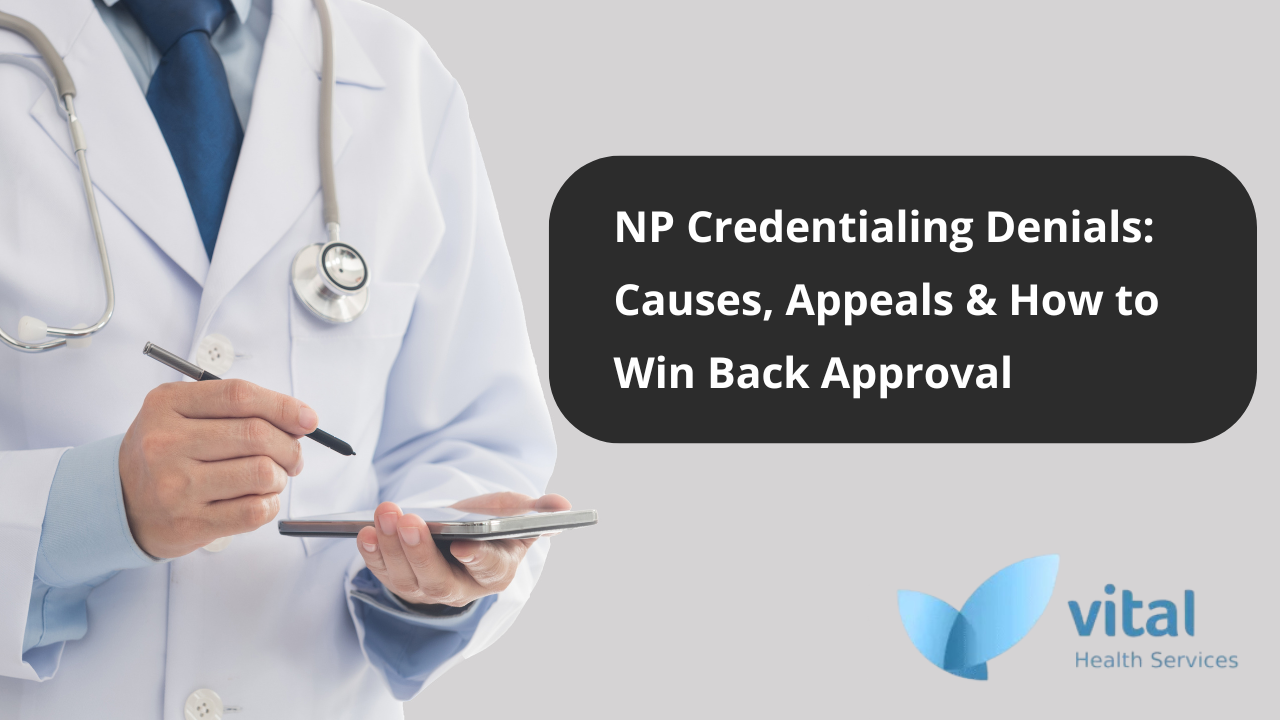What is the function of medical credentialing?
Table of Contents
ToggleMedical credentialing functions to verify a healthcare provider’s qualifications, including education, training, licenses, certifications, and professional experience, to ensure they meet the required standards to provide safe and effective patient care.
What is the purpose of medical credentialing?
The purpose of medical credentialing is to protect patients and healthcare facilities by ensuring that only qualified and competent healthcare providers are allowed to deliver medical services, thereby promoting patient safety and compliance with regulatory standards.
What is medical credentialing in management?
In healthcare management, medical credentialing involves a systematic process of collecting, verifying, and maintaining healthcare providers’ credentials through credentialing management systems that streamline the workflow, ensure timely updates, reduce errors, and maintain regulatory compliance.
What is an overview of the medical credentialing process?
Medical credentialing includes verifying a provider’s medical education, residency training, board certifications, licenses, work history, and any disciplinary actions through primary source verification. This process typically occurs before granting clinical privileges and is regularly updated through re-credentialing.
Why are medical credentials important?
Medical credentials are important because they validate the healthcare provider’s knowledge and skills essential for delivering safe, high-quality patient care. They ensure that providers meet the established standards and maintain public trust in the healthcare system.
Why is physician credentialing one of the most important jobs in a hospital?
Physician credentialing is critical in hospitals because it directly affects patient safety, quality of care, and regulatory compliance. Proper credentialing minimizes risks of malpractice, ensures appropriate clinical privileges, and supports hospital accreditation and reputation.
What are the benefits of medical credentialing?
Benefits of medical credentialing include enhanced patient safety, improved quality of care, reduced liability, compliance with accreditation and insurance requirements, and confidence for patients and healthcare organizations in provider qualifications.
Why is it so important to have medical credentials?
Having medical credentials is vital for ensuring that healthcare providers are qualified to practice medicine safely, protecting patients from unqualified practitioners, and supporting healthcare institutions in maintaining standards and legal compliance.






